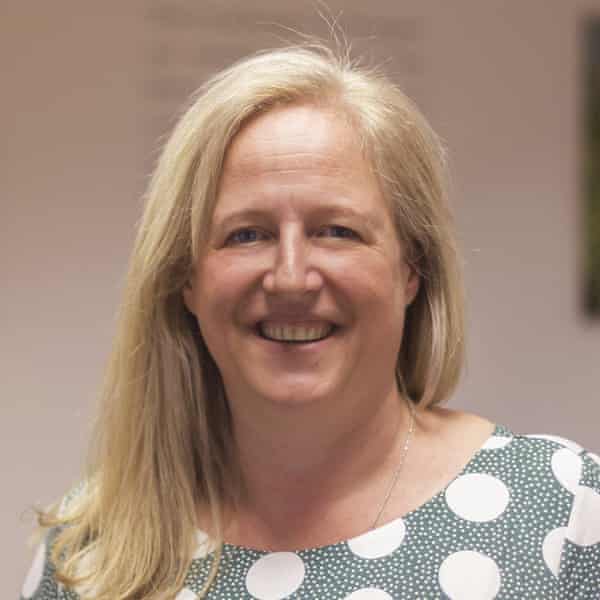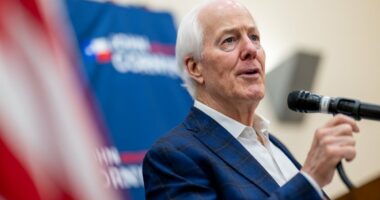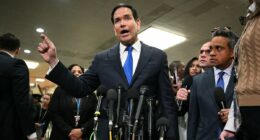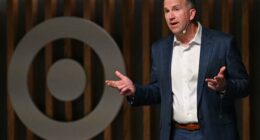Share this @internewscast.com
March 2020 changed many lives. Lockdown measures brought in as a response to the Covid pandemic upended day-to-day patterns and changed perspectives. For some, family homes and shared flats became congested working and schooling spaces; and those living alone found themselves isolated from social contact.
But for many of the one in six working households estimated by the Institute for Public Policy Research to be struggling to stay afloat financially, the situation became desperate. “In April, after the pandemic and lockdown kicked in, we saw an 89% increase in the number of people coming to food banks,” says Emma Revie, chief executive of the Trussell Trust. “What that showed us was the fragility of those people who were just about making ends meet.”
Families on the brink of destitution are particularly susceptible to the slightest change in circumstances beyond their control, whether that’s the increase in home heating costs, a cut in their working hours, or petrol and diesel hikes. “People who may be borderline using the food bank, they’re often working unsociable hours, so they can’t rely on buses or cycling to get to work,” says Margaret Saner, CEO of Cambridge City Food Bank. “They need the car, but the cost of the fuel is just going up.”
For parents looking to rejoin the workforce, the UK’s hefty childcare costs represent a further problem – because how many non-working parents are sitting on enough savings to shell out for upfront childcare costs long before the first paycheck lands, well before any support from universal credit can be claimed back? “If you have to pay upfront before you’ve earned the money – it’s impossible,” says Revie.

The sudden rise in the use of Trussell Trust food banks in April 2020, severe though it was, belies the true extent of the problem. “We know that many more independent emergency food aid providers saw a similar rise, and different organisations started providing food as part of their core services during the pandemic,” says Revie. “Our figure is just the tip of the iceberg.”
Then there’s the fact that pride prevents many from seeking much-needed help. “We had a chap come in who told us he hadn’t eaten for three days so that his son could have something to eat. I mean, we get quite a few of those cases,” says Saner. In parents, especially mothers, she adds, this is a common pattern. “They’ll say: ‘I’ll eat later, I’ve just got a few more things to finish off in the kitchen.’ And then, of course, they don’t eat.”
Revie recalls sitting with a man who clearly felt a sense of shame to be relying on a food bank. “He said: ‘I’m not here for food for me. It’s for my children.’ He still felt that he shouldn’t have come, that it was just a failure on his part. And that’s awful.”
The core of this problem goes back to the global financial crisis and the government’s subsequent austerity measures, introduced in 2010. Between 2012 and 2014, as the cumulative effects of those policies were beginning to be felt, the number of parcels being distributed by the Trussell Trust was rapidly increasing, says Revie, and new food banks were at one point being opened at a rate of four a week.
The charity now supports a network of more than 1,300 centres – up from fewer than 100 in early 2011 – through which nearly 2m food parcels were distributed during 2020. “There’s something about the financial resilience of a huge number of people who had been managing through sheer graft to just about make ends meet,” says Revie. “Then you become unwell, or get laid off from a job instantaneously, and suddenly you’re falling right the way through to food banks, being unable to feed your family.”
According to Saner, people who are referred to Trussell Trust food banks tend to come through a network of local support agencies. “That can be anything from Citizens Advice or local councils, to family centres, homeless shelters, right through to doctors and school secretaries,” she says. “When they initially come to us, our first question is always: ‘Would you like a cup of tea or coffee?’ Then we ask why they’re here.”
Most people coming to a food bank for the first time are in a similar state of mind, she says: “A few are angry, but most are just sort of really sad and worried. And we have people breaking down in tears when they see the amount of food that they’re given.”
For Christmas, they’re hoping to provide something more than the basic essentials. “We’ve been working with one of the local bookstores doing an appeal for books, so parents have something to give their families at Christmas.”
In a city like Cambridge, where Saner says “very well-off people live alongside people who are really struggling”, donations, at least, seem to come thick and fast. “We’ve had several people give us whole trolley loads of food – they just take a small bag out for themselves and say: ‘The rest is for you.’”
But in the long-term, the Trussell Trust wants a society where everyone can afford the essentials, without needing to turn to emergency food to get by. Whether that happens depends on the decisions the government and all of us make.
Source: This post first appeared on The Guardian














